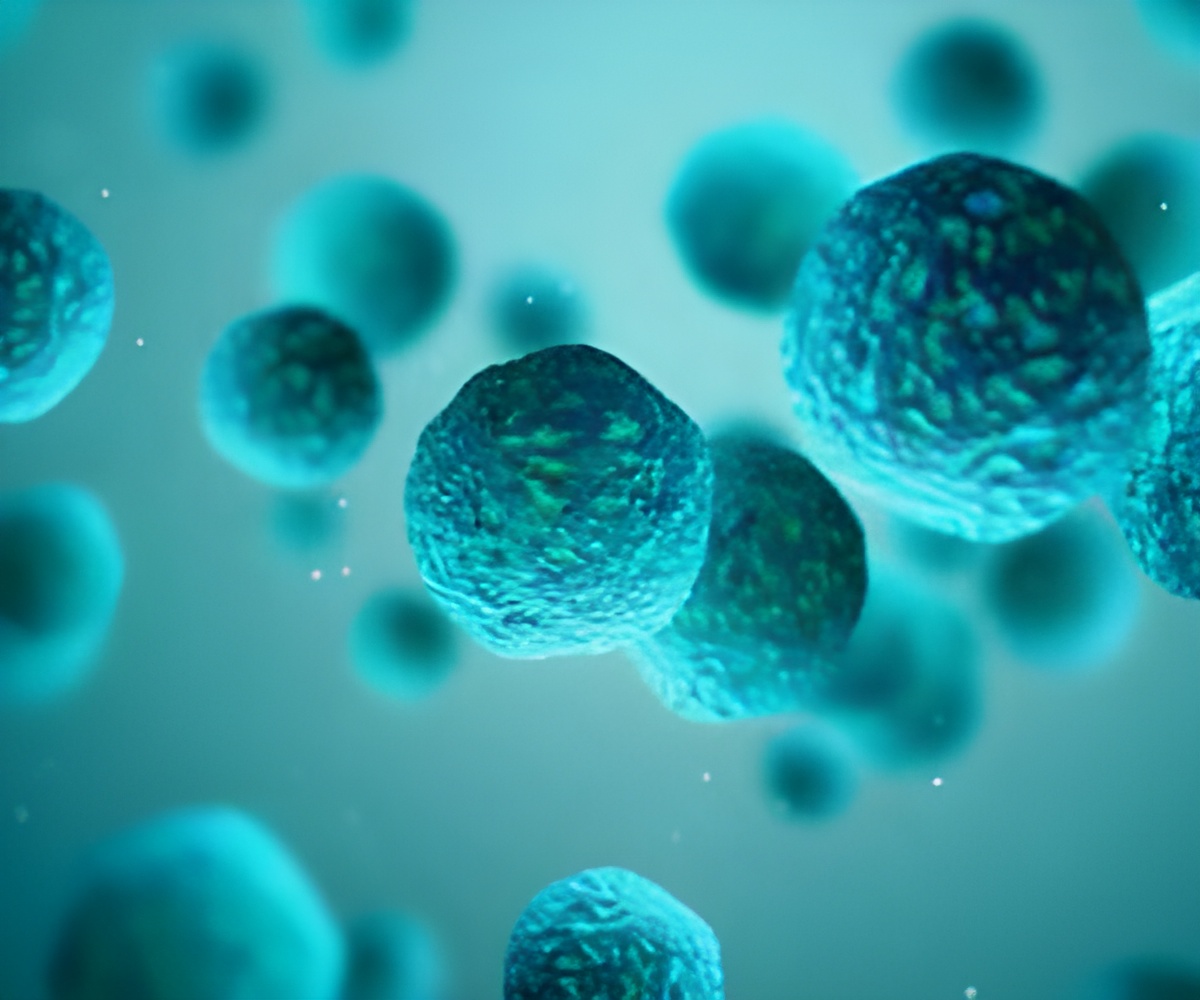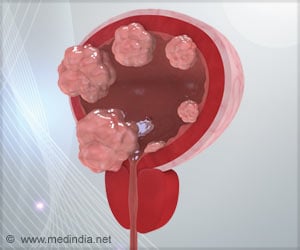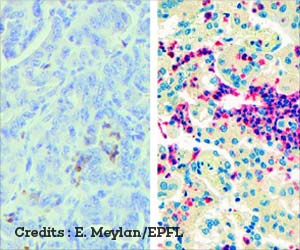A type of immune cell known as gamma delta T cells could protect against infections and cancer.

A three-stage developmental pathway for human Vγ9Vδ2T cells within the postnatal thymus
Go to source).
Gamma Delta T Cells: The Key to Preventing Cancers and Infectious Diseases?
Associate Professor Dan Pellicci said by understanding the function of these cells, they could be harnessed to help prevent cancer and highly infectious diseases such as COVID-19 Strep A and tuberculosis.‘Gamma delta T cells, a type of immune cell could help prevent cancer and act as a potential therapeutic agent. #ImmuneCell #cancer’





Published in Science Immunology, the study involved samples donated to the Melbourne Children’s Heart Tissue Bank from heart surgery patients up to 16 years old. From these samples, the researchers looked at the role of ‘gamma delta T cells’ within the thymus gland, a small organ located within the chest, close to the heart.Associate Professor Pellicci said the study showed for the first time how this organ produced these infection-fighting immune cells.
“We have large numbers of these specialized cells in our blood and tissues, which accumulate as we become adults. Until our study, it was unclear how these cells develop in the body,” he said.
Thymus: Unsung Hero of Immunity
“We have shown how these cells are trained over three stages, similar to receiving a primary, secondary and tertiary education, and fully formulate within the thymus. Following this education, the cells are ready to enter the rest of the body and are completely capable of fighting infections.”Associate Professor Pellicci said previous studies suggested that these immune cells were mainly derived in the liver during a baby’s development in the womb, but this research debunked that theory.
“Many experts assumed that after birth, the thymus played little role in the development of these cells as we age, but we now know this little unsung organ helps the body prepare for a lifetime of good health,” he said.
Advertisement
Reference:
- A three-stage developmental pathway for human Vγ9Vδ2 T cells within the postnatal thymus - (https://pubmed.ncbi.nlm.nih.gov/37450574/)
Advertisement















